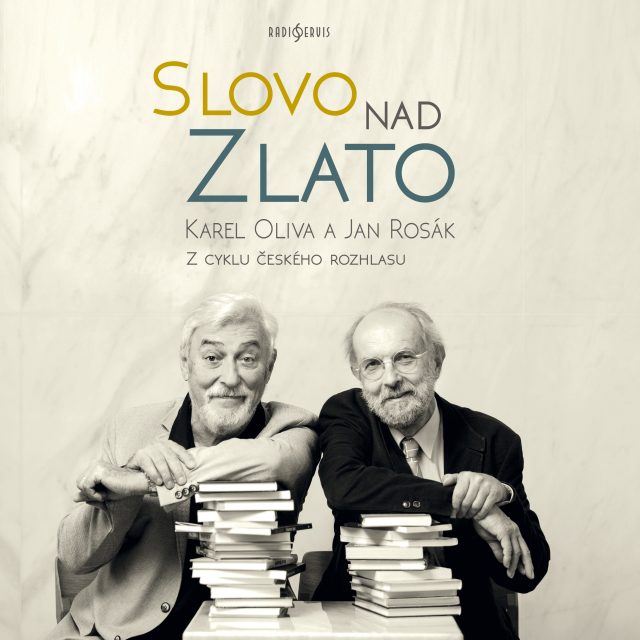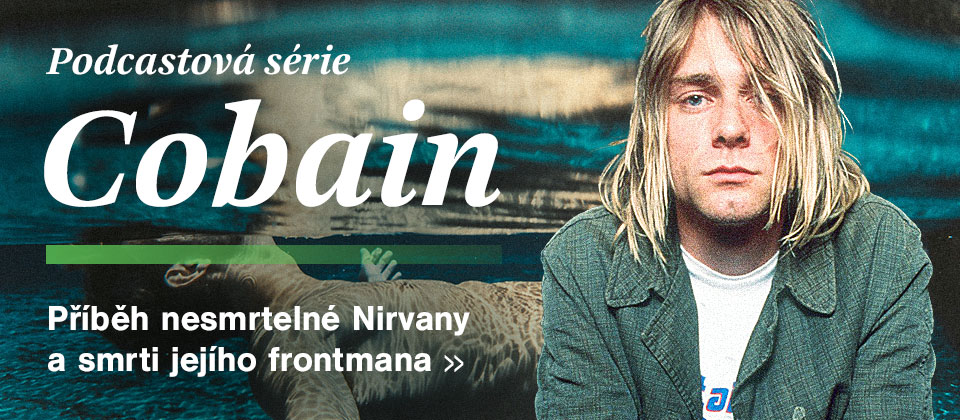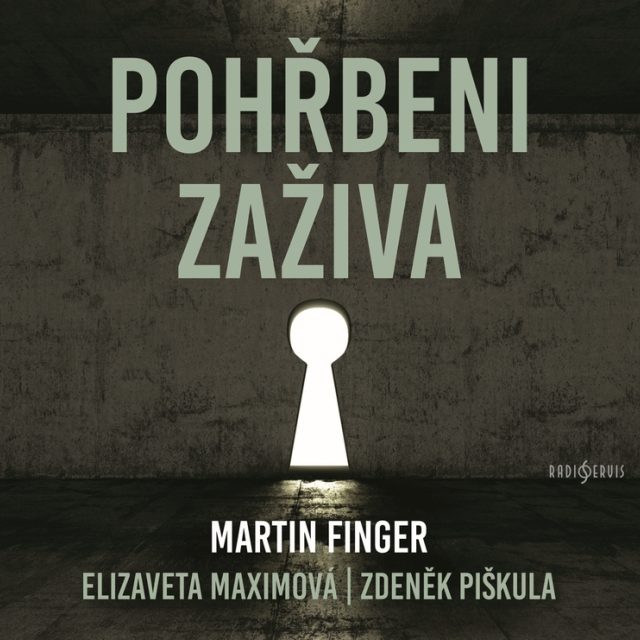Josef Bohuslav Foerster
* 30 December 1859 Prague† 29 May 1951 Nový Vestec u Staré Boleslavi
Josef Bohuslav Foerster’s work can be seen as the culmination of the long musical tradition of the generations of schoolmasters from which he sprang. Son of Josef Foerster (1833-1907), a composer, a professor at the Prague Conservatory and one of the foremost proponents of the reform of church music, he himself grew up in contact with Prague’s great music personalities. After graduation from the organ school, he won the position of organist in the St. Vojtěch (Adalbert) Church and later became choirmaster of Our Lady of the Snows. From the very beginning of his professional career, he was active as a music critic and teacher. In 1893 he relocated to Hamburg, from there moving on ten years later to Vienna. He left Prague because of the professional engagements of his wife, Berta Foersterová-Lauterová (1869-1936), an outstanding opera singer first in the Municipal Theater in Hamburg and then in the Vienna Court Opera. Foerster returned for good to his homeland at the end of World War I and soon ranked among the foremost representatives of Czech culture in the newly created state. He was three times elected rector of the State Conservatory of Music in Prague, where he taught graduate classes in composition. He was professor of music theory at Charles University, which for his 70th birthday awarded him an honorary doctorate of philosophy. In the 1930s he served as president of the Czech Academy of Arts and Sciences. He was the first Czech composer to be awarded the title of National Artist (1945).
In the early 1880s when Foerster entered the world of music as a composer, Czech music had with the compositions of Bedřich Smetana already attained a European level. Antonín Dvořák stood on the threshold of his great international successes. Foerster too continued in this Smetana-Dvořák line of the highest artistic demands. He was in perfect command of the complicated musico-technical resources favored in the music of that time and on that basis created his own personal musical language. Foerster’s style is distinguished by its original concept of melody, which in vocal compositions respects absolutely the declamation of the word. In harmony he uses chromatic progressions as well as unusual harmonic combinations, and frequent modulations on the borderline between major-minor tonality are particularly typical. He has his own way of working with polyphonic techniques. In his instrumentation he consciously avoided showiness just for the sake of effect. But it is not merely his mature musical language that puts Foerster in the current of late Romantic European music; all his work professes his Romantic conception of music as a means of expressing feeling. Foerster’s music always proceeds from strong impressions rooted in life and deep personal experience; for example, he composed the chorus Hymnus andělů (Hymn of the Angels) under the impression of his mother’s death; and the cantata Mrtvým bratřím (To our Fallen Brethren) is dedicated to the memory of a brother who died prematurely and in a figurative sense to all the victims of the First World War. He incorporated extra-musical content even into the classical forms of instrumental music (the Easter themes of the crucifixion and the resurrection of Jesus Christ in his Fourth Symphony; the death of one of his sons in his Fifth Symphony). The rational avant-garde movements that were gaining favor in the first half of the 20th century were something alien to him, and he did not accept them into his works.
Foerster’s works of music are remarkably extensive and diverse. He composed six operas: Debora, Eva, Jessika, Nepřemožení (The Invincible Ones), Srdce (The Heart) and Bloud (The Simpleton). He also wrote incidental music for the stage. His orchestral oeuvre consists of five symphonies and other large orchestral and concerto works (the Cyrano de Bergerac and From Shakespeare suites, two violin concerti, a cello concerto). He also wrote chamber and piano music, and he is the most prolific of Czech composers of concert melodramas. A sizeable portion is sacred music, stemming from Foerster’s deep Christian faith (the Glagolitic Mass, five Latin masses et al.) His strong point is forms that combine the effects of music and word, and in them he displayed an unusual feel for work with the human voice. He composed more than three hundred songs to German and Czech texts, including the song cycles Liebeslieder des Rabindranath Tagore (Love Songs by Rabindranath Tagore), Pohádka o dlouhé touze (A Tale of Long Yearning) and Čisté jitro (Clear Morning). His greatest fame came to him for his choral works, of which in particular his male choruses are among the most valued in that genre: Velké, širé rodné lány (Great Wide Stretches of my Homeland), Z osudu rukou (From the Hand of Fate), Polní cestou (Path through the Fields), and many others. Foerster’s choral works, some of the major assets of modern Czech music and a permanent part of the contemporary repertoire, range from simple a capella choruses all the way to extensive works accompanied by a large orchestra: Máj (May), Píseň bratra Slunce (Brother Sun’s Song) and the oratorio Svatý Václav (Saint Wenceslaus).
Foerster stands out among other Czech composers for his extraordinary creative versatility. Along with his works of music, he has also left us substantial works of literature and painting. He put his unusual talent for writing to work in his many years of activity as a music critic; in four of the librettos for his six operas; in dozens of poems, many of which he set to music; and in particular in his books of memoirs bearing the collective title Poutník (The Pilgrim), which contain authentic information about musical life in Prague, Hamburg and Vienna. His enormous knowledge and great grasp of cultures predestined Forester for work as an educator. He has thus earned a place in the history of Czech music not only for his compositions but also for his major influence on cultural developments. In Czechoslovakia between the world wars, he was a respected authority in music although in the second half of the 20th century his works fell virtually into oblivion. Only in recent years has interest in Forester’s inward, contemplative and understated music begun once again to grow. Evidence of this can be seen in the increasing numbers of Czech and foreign recordings of Foerster’s works as well as in their more frequent programming in concerts and radio broadcasts.
Author: Jana Fojtíková
E-shop Českého rozhlasu
Víte, kde spočívá náš společný ukrytý poklad? Blíž, než si myslíte!
Jan Rosák, moderátor


Slovo nad zlato
Víte, jaký vztah mají politici a policisté? Kde se vzalo slovo Vánoce? Za jaké slovo vděčí Turci husitům? Že se mladým paním původně zapalovalo něco úplně jiného než lýtka? Že segedínský guláš nemá se Segedínem nic společného a že známe na den přesně vznik slova dálnice? Takových objevů je plná knížka Slovo nad zlato. Tvoří ji výběr z rozhovorů moderátora Jana Rosáka s dřívějším ředitelem Ústavu pro jazyk český docentem Karlem Olivou, které vysílal Český rozhlas Dvojka.




